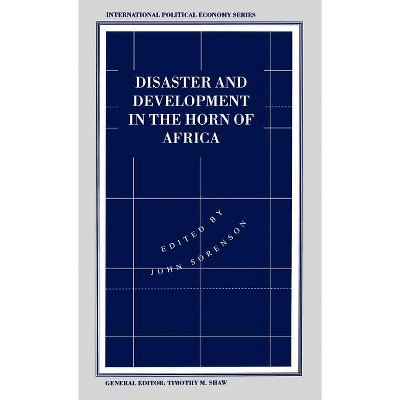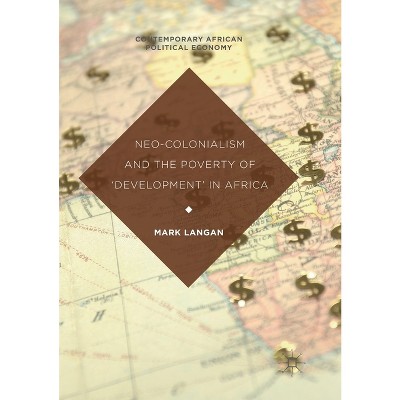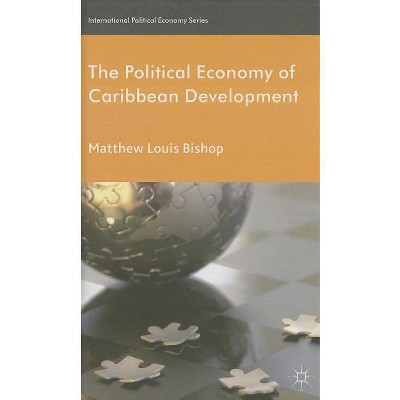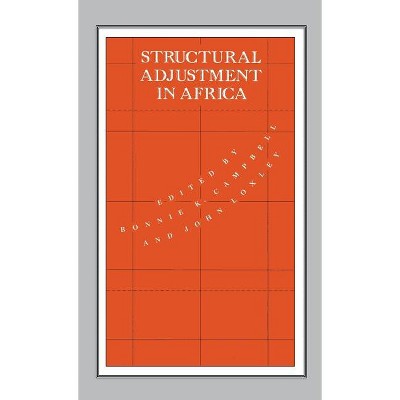Sponsored

The Political Economy of Housing and Urban Development in Africa - by Kwadwo Konadu-Agyemang (Hardcover)
In Stock
Sponsored
About this item
Highlights
- Providing adequate, accessible, and affordable housing is a major problem affecting many African countries.
- About the Author: KWADWO KONADU-AGYEMANG is an Assistant Professor of Geography and Planning at the University of Akron.
- 248 Pages
- Business + Money Management, Development
Description
About the Book
Providing adequate, accessible, and affordable housing is a major problem affecting many African countries. Focusing on the West African country of Ghana, Konadu-Agyemang explores the urban housing question in light of current development theories. He concludes that it would be naive to see Ghana's housing crisis primarily as a result of political instability or economic mismanagement. Instead, the author argues that economic and social problems in Africa are products of the structural distortions created by colonialism and the draining of African resources to European countries.
The postcolonial continuation of relations of dependency has led to underdevelopment, which is manifested in malformed urban areas characterized by housing shortages, slum environments, and atrophied infrastructures. Konadu-Agyemang concludes that affordable housing in Ghana will only occur with the implementation of policies aimed at decreasing Ghana's dependence on imported building materials and standards. Solutions to the housing crisis in Ghana require remedies to both the internal constraints that impede development and the inequities in the global economy that foster dependency and neo-colonialism.
Book Synopsis
Providing adequate, accessible, and affordable housing is a major problem affecting many African countries. Focusing on the West African country of Ghana, Konadu-Agyemang explores the urban housing question in light of current development theories. He concludes that it would be naive to see Ghana's housing crisis primarily as a result of political instability or economic mismanagement. Instead, the author argues that economic and social problems in Africa are products of the structural distortions created by colonialism and the draining of African resources to European countries.
The postcolonial continuation of relations of dependency has led to underdevelopment, which is manifested in malformed urban areas characterized by housing shortages, slum environments, and atrophied infrastructures. Konadu-Agyemang concludes that affordable housing in Ghana will only occur with the implementation of policies aimed at decreasing Ghana's dependence on imported building materials and standards. Solutions to the housing crisis in Ghana require remedies to both the internal constraints that impede development and the inequities in the global economy that foster dependency and neo-colonialism.About the Author
KWADWO KONADU-AGYEMANG is an Assistant Professor of Geography and Planning at the University of Akron./e










